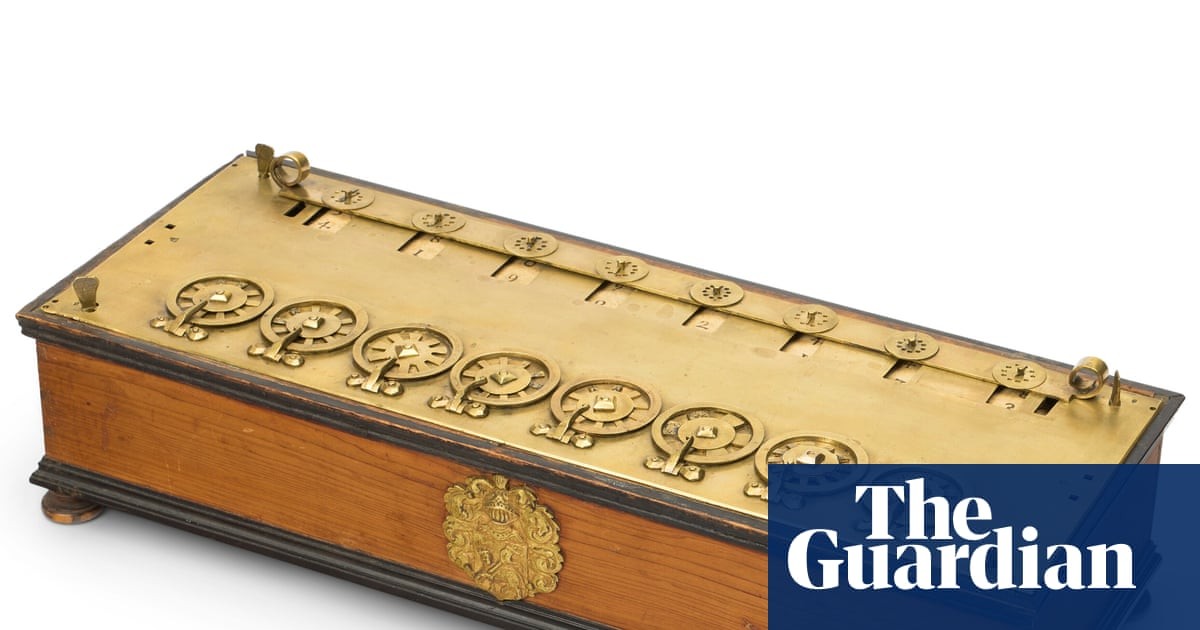A groundbreaking calculating machine, known as La Pascaline, has been temporarily barred from export after a French court intervened. The instrument, created by the 19-year-old Blaise Pascal in 1642, was poised to be auctioned by Christie’s for an estimated €2 million ($2.15 million). The court’s action followed an urgent appeal from scientists arguing that the device is a vital part of France’s scientific heritage.
Historical Significance of La Pascaline
La Pascaline represents a pivotal moment in history: the first attempt to automate calculation. Before this, all arithmetic was performed manually. Pascal’s invention, built to ease his father’s tax collection work, used gears and dials to perform addition and subtraction mechanically. This was more than just a convenience; it marked the beginning of the quest to replace human mental labor with machines – a trend that ultimately led to modern computers.
The Dispute Over Export
Christie’s had secured export authorization for the instrument, part of a deceased collector’s library. However, leading scientists, including Nobel laureate Giorgio Parisi, argued that La Pascaline should be designated a “national treasure” to prevent its removal from France. The scientists published an impassioned plea in Le Monde, criticizing the state for allowing the auction rather than giving French institutions a chance to acquire the machine.
“What a sad admission of disinterest in our scientific heritage.” — Scientists’ Op-Ed, Le Monde
The core of the debate is whether cultural and technological artifacts should be freely traded or actively preserved within their country of origin. France already holds five of the eight known Pascalines in public collections, but the scientists insist this one is unique and deserving of further study.
What This Means
The court’s provisional suspension signals a growing awareness of the need to protect historically significant technology. The case highlights the tension between private ownership and public preservation, particularly when it involves artifacts that are foundational to modern fields like computing. The final ruling, expected in several months, will set a precedent for future exports of such items.
The outcome will determine whether France prioritizes its scientific legacy over the financial interests of private collectors. For now, La Pascaline remains in France, a symbol of the nation’s pioneering role in the history of computation.
